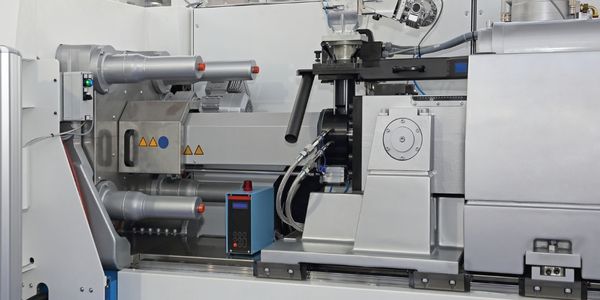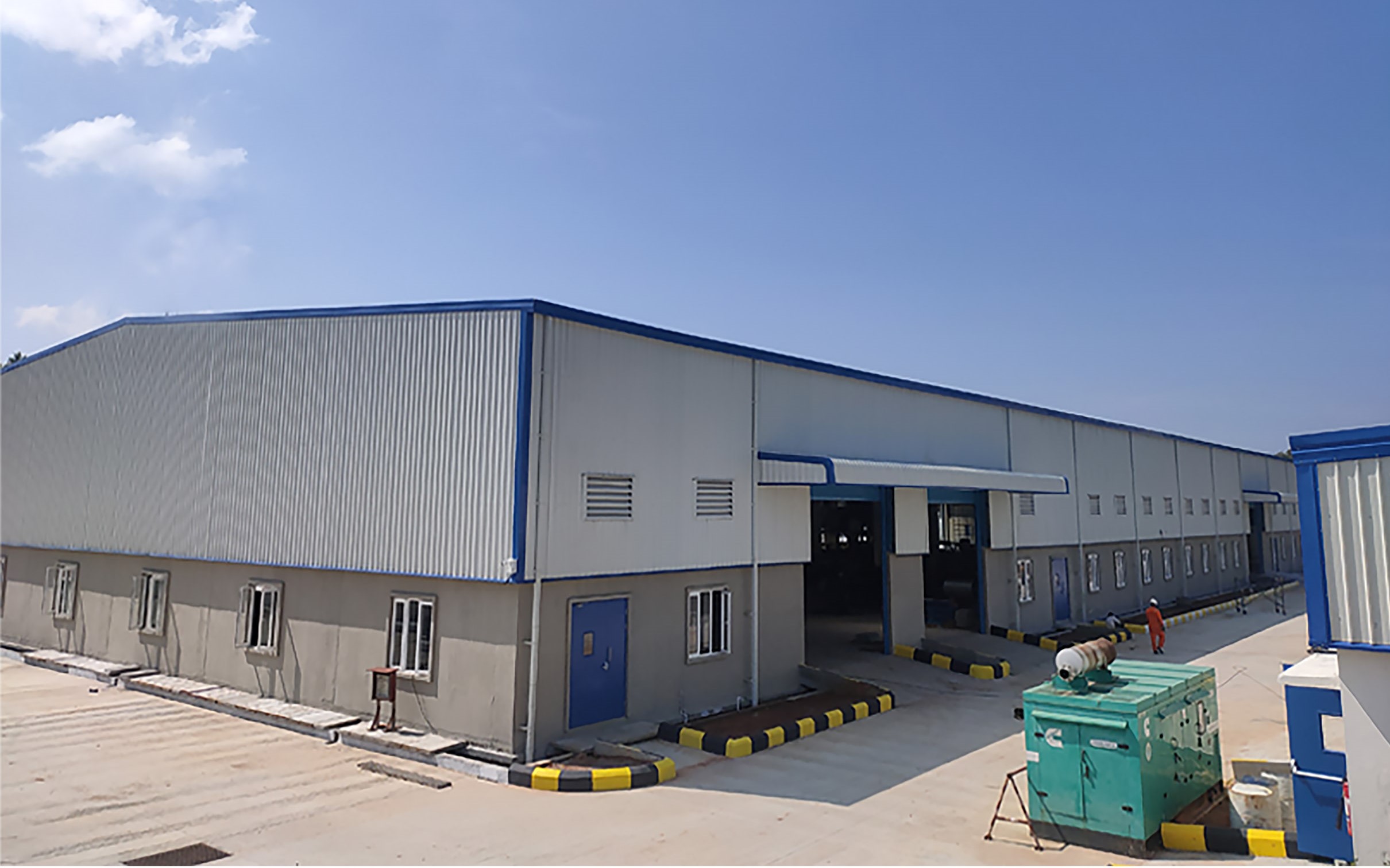Download PDF
Preparing for a fully automated future
Technology Category
- Functional Applications - Remote Monitoring & Control Systems
Applicable Industries
- Plastics
Applicable Functions
- Discrete Manufacturing
- Quality Assurance
Use Cases
- Predictive Maintenance
- Energy Management System
- Factory Operations Visibility & Intelligence
Services
- System Integration
- Data Science Services
The Challenge
Sanwa, a plastics manufacturer in Singapore, was facing challenges due to regional competition, a dwindling labour supply, and rising operational costs. They saw digitalization as the solution to improve factory productivity, develop skilled employees, and dramatically boost energy efficiency. They started their digitalization journey in 2016 with two long-term goals: to digitalize and automate their factories, ultimately achieving zero defective parts per million for their clients. They started a pilot project with a single production cell as proof of concept for all their stakeholders. The first automation phase successfully showed that they could do more with the same manpower, with localized data collection. The next step in 2018 was to link more of such production cells together into a data network. Forming that data network was crucial for Sanwa for it determined all the necessary steps forward. Other than productivity, their chief concern was traceability and transparency—they were losing time and money on dated manual reports.
About The Customer
Sanwa is a plastics manufacturer established in 1977. The company has grown into an international presence that supplies Schneider Electric and car manufacturers in South-East Asia. They operate nine factories from their global headquarters at Woodlands East Industrial Estate in Singapore. Despite their success, Sanwa knows they are vulnerable to shifting market forces. Sensing opportunity, they began their digitalization journey in 2016 with two long-term goals: to digitalize and automate their factories, ultimately achieving zero defective parts per million for their clients. In doing so, Sanwa would gain efficiency and demonstrable business growth, especially when only 13% in the region have started Industry 4.0 transformations.
The Solution
Sanwa decided to build a 580 sqm model factory area within their Singapore plant in 2019. This new development covered their automotive components line, with consultation from Schneider Electric, iPlast 4.0, and other industry partners. Following field investigations and interviews, Sanwa adopted EcoStructure™ architecture to drive all their data collection and visual interfaces. Compact NSX circuit breakers were installed for their remote monitoring capabilities, allowing Sanwa to pinpoint energy consumption to individual machines. While these already have a SmartLink gateway, Sanwa is planning to implement Schneider Electric’s Harmony Hub wireless gateway during Phase 2 of its Digitalization Journey for comprehensive IoT coverage. This allows Sanwa to not only monitor energy consumption but also temperature, humidity, and pressure through a host of wireless sensors. iPlast 4.0 collects and analyses this data with an on-site manufacturing intelligence system, which is then relayed back to the operations team through other Schneider Electric solutions.
Operational Impact
Quantitative Benefit
Related Case Studies.

Case Study
Plastic Spoons Case study: Injection Moulding
In order to meet customer expectations by supplying a wide variety of packaging units, from 36 to 1000 spoons per package, a new production and packaging line needed to be built. DeSter wanted to achieve higher production capacity, lower cycle time and a high degree of operator friendliness with this new production line.

Case Study
Boiler Control System for Plastic Manufacturing Applications
Factory automation applications must be equipped to handle and monitor the myriads of information from attached devices. For plastic manufacturing applications, the boiler control system plays a critical role by gathering and regulating information to ensure production is accurate and smooth. In this particular case, the customer combines eight subsystems that include power meters, water meters, alarm output, displays, and I/O status to be controlled by several intelligent controllers with Modbus RTU interface. The Modbus TCP protocol is used for this application due to the distance. System Requirements: • Modbus serial to Modbus TCP translation • Multiple slaves/masters support • Automatic Modbus TCP response time detection

Case Study
Ascend Performance Materials Case Study
Ascend operations must access multiple software systems to manage day-to-day operations in an effective and secure manner. These systems generate large sets of data which contain critical information pertaining to management systems, planning and cost information in business systems and energy consumption. As a result, Ascend management was challenged with creating relevant reports reflecting performance measures in overall context of their operational process. The company’s previous process entailed collecting and analyzing data manually which was not effective, since the information collected was generated after the fact, and was too complex for collaborative use across the organization.

Case Study
Remake Enterprise-to-production System
The client was running a legacy material flow tracking system and wanted to replace the system with a more effective one as the system was increasingly expensive to maintain and support and also was not extendable. The client's IT landscape was filled with modern applications and it was difficult to interface the material flow tracking system with modern applications.







